Let’s talk more specifically about starting a garden.
To get you started, we’ll break this overwhelming task into three little steps. As we share further in this series, we’ll unpack each of these steps in depth.
Note: This is a collaborative series between my father, Boyd White, who has been gardening for nearly 40 years, and myself {Becky}.
Starting a Garden: Step-by-Step
Step 1: Determine which plants a) your family likes to eat and b) you can grow in your zone.
a) There’s absolutely no sense in trying to grow something you or your family won’t eat, especially if you have limited space or limited time to care for your garden.
b) Make sure your top choices also make sense for your area {or zone}. Figure out your gardening zone and estimated first and last frost dates. You can search for this online or if possible, talk to successful gardeners in your area to find out which crops grow well and which don’t.
Step 2: Determine where you can put your garden.
Virtually all plants require a minimum of six hours of sunlight to grow well…some even more. *
You will also want to consider putting your garden in an area that covers at least three main concerns:
- Will you have a water source that can easily be accessed? {The closer the better…unless you’re in this only for the weight-lifting. }
- Is your garden area easily seen from your house? For me, out of sight would result in out of mind, which would result in a neglected garden. {Just keeping it real!}
- How will you protect your garden area against wild animals like rabbits and deer? {I, Boyd, have had roaming dogs come through my garden which damaged my growing seedlings. I also had a ground hog dig under my fence that ate the leaves off my sweet potatoes, although the damage they caused had no lasting effect on the potatoes.}
*Later in this series, we’ll talk about the different kinds of gardens you can keep. So if you have lots of shade, we have an option for you!
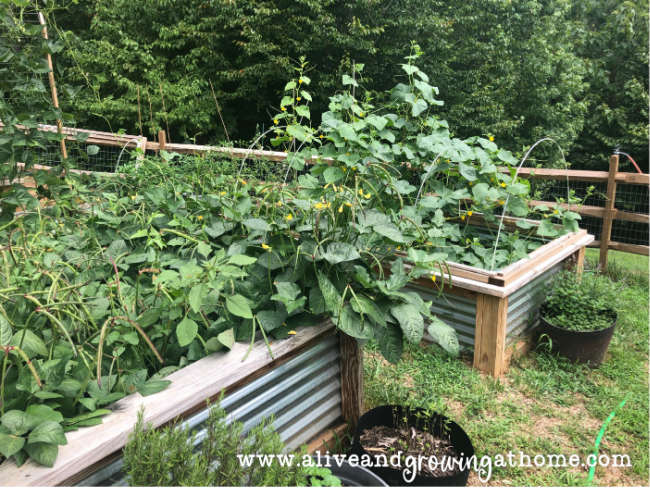
Step 3: Plan or map out your garden.
Where will you put everything you plan to grow? You’ve heard it said, “Failing to plan is planning to fail.” It’s so true!
To maximize growing space focus on minimizing the walking spaces. By doing this, you will only add fertilizer and soil amendments to the planting area, which saves you both time and money.
You’ll also want to know which plants do well next to each other and which ones don’t. When we unpack that subject, we’ll be sharing a companion planting chart to help you better plan your garden!
Happy Gardening!
~Becky
More Posts in this Series…
- Introduction
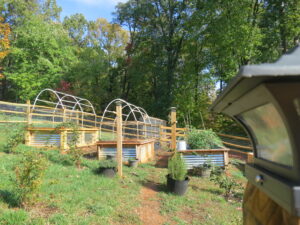
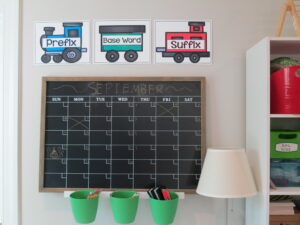
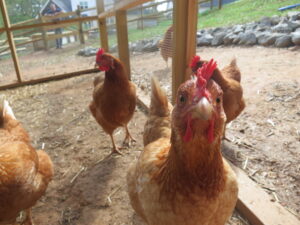
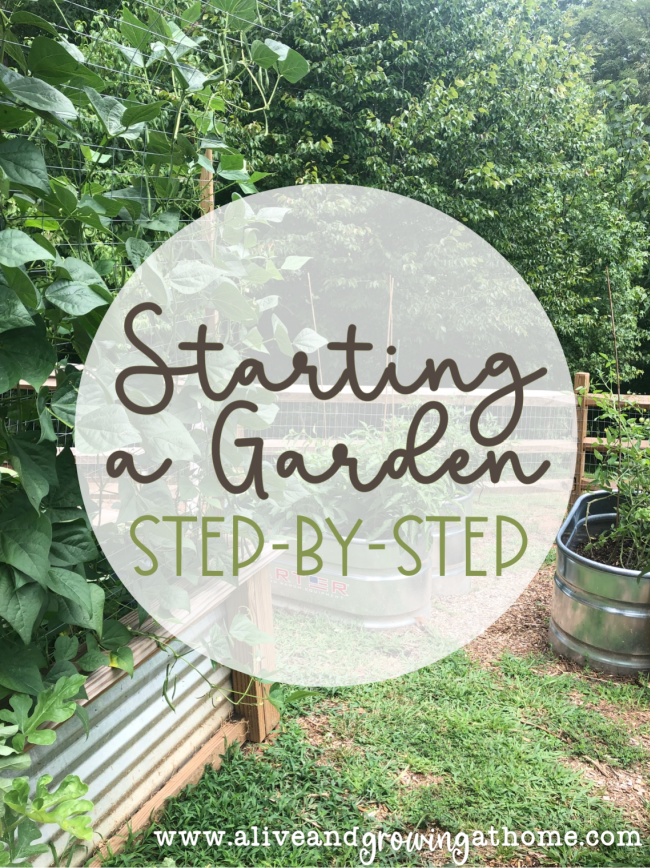

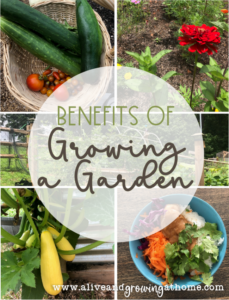
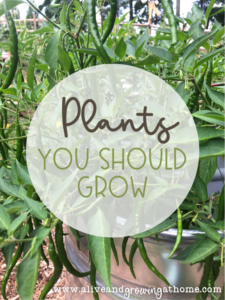

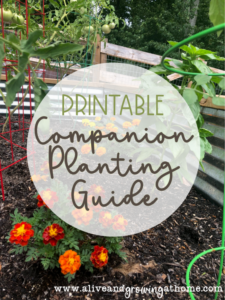
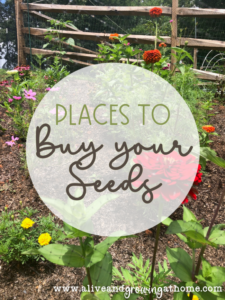
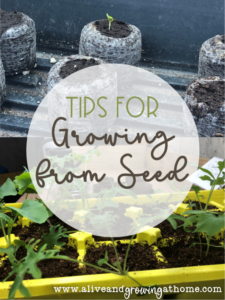
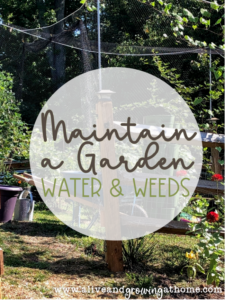
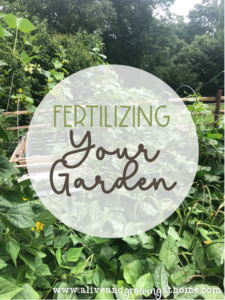
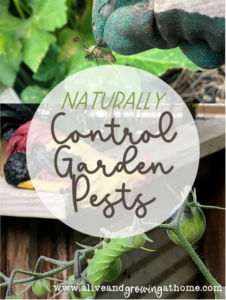

Leave a Reply